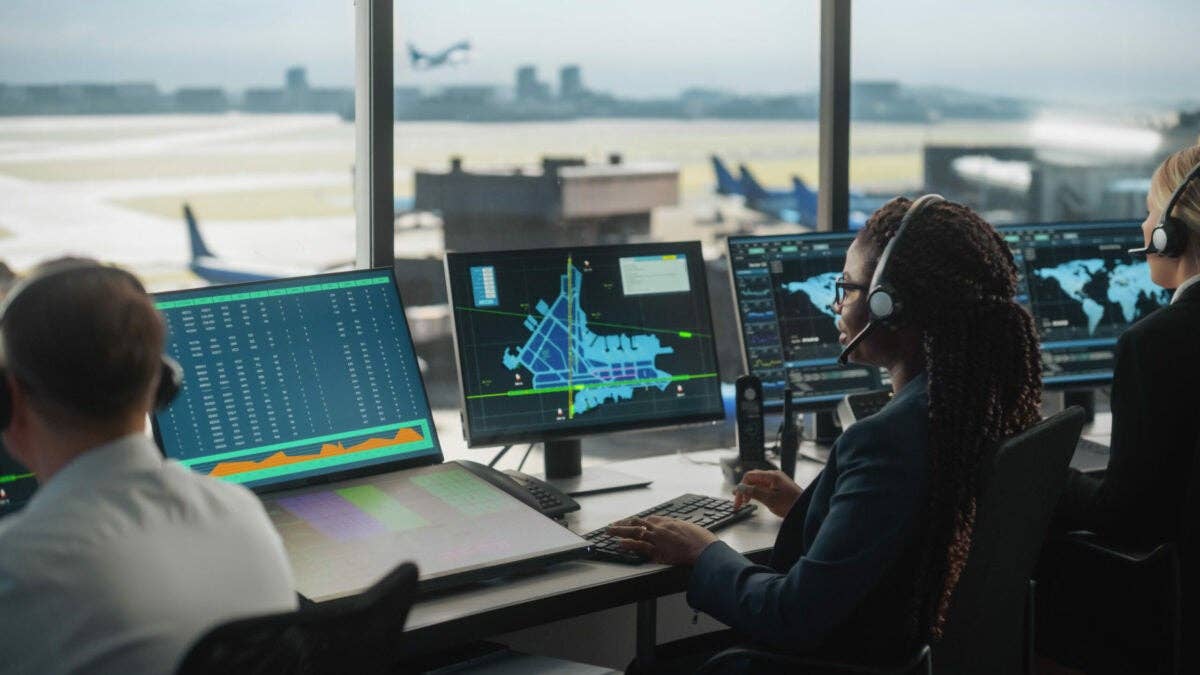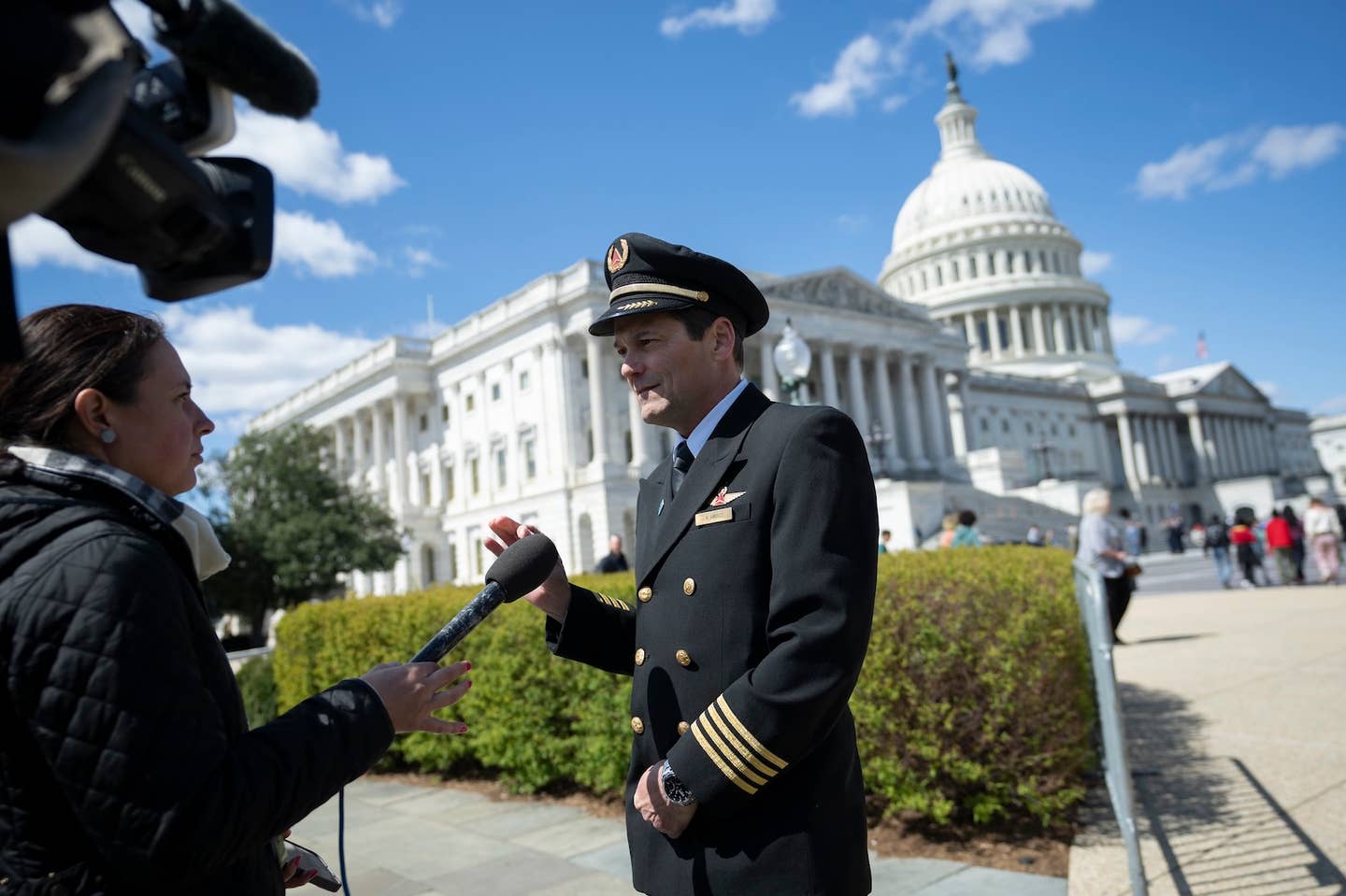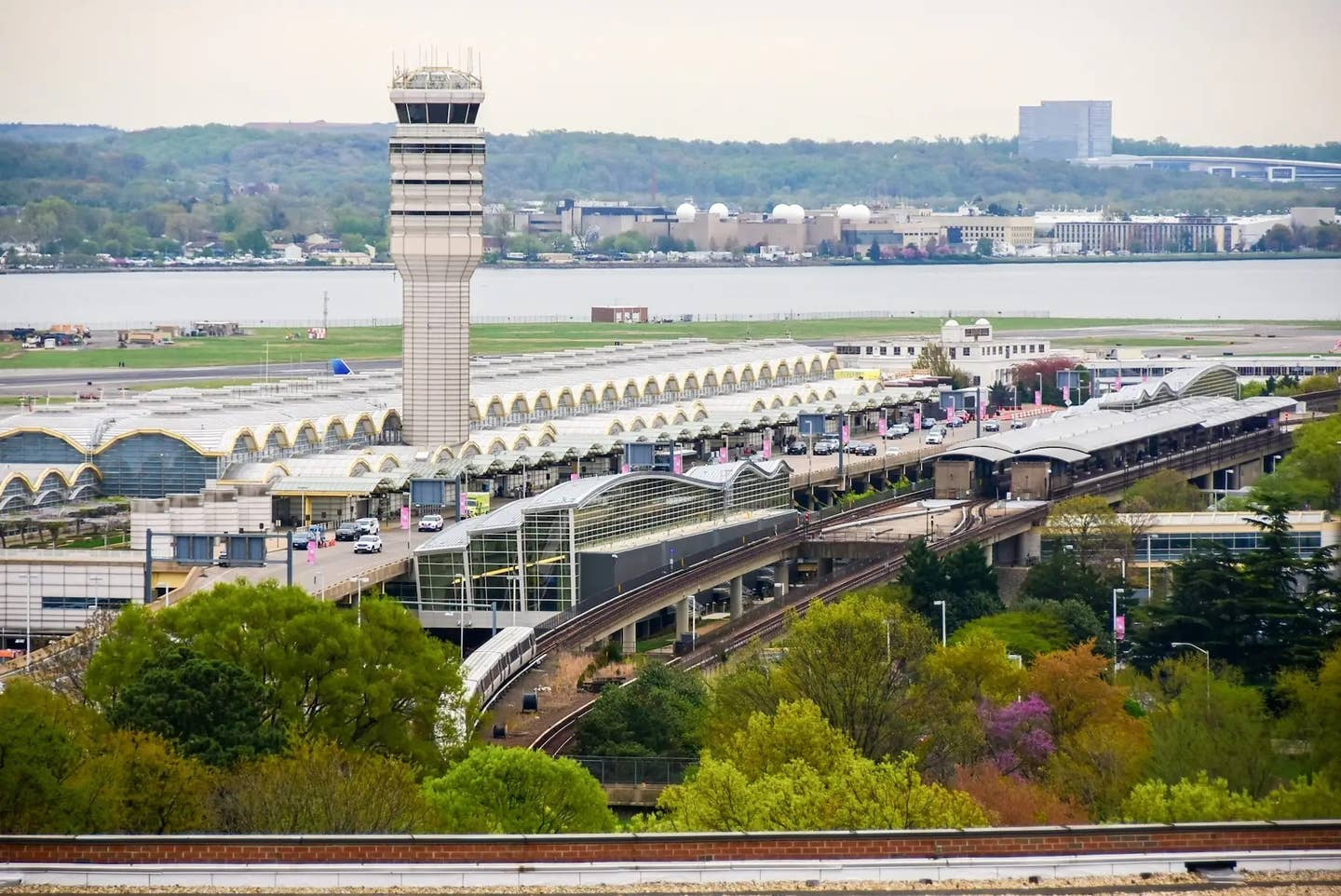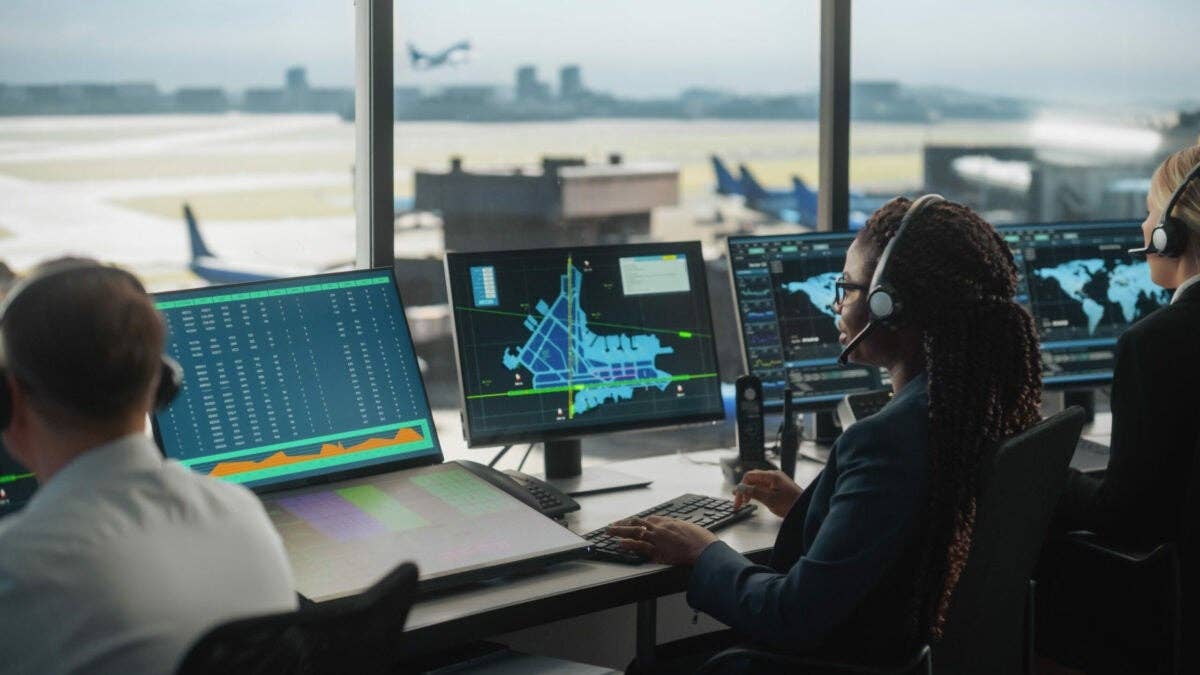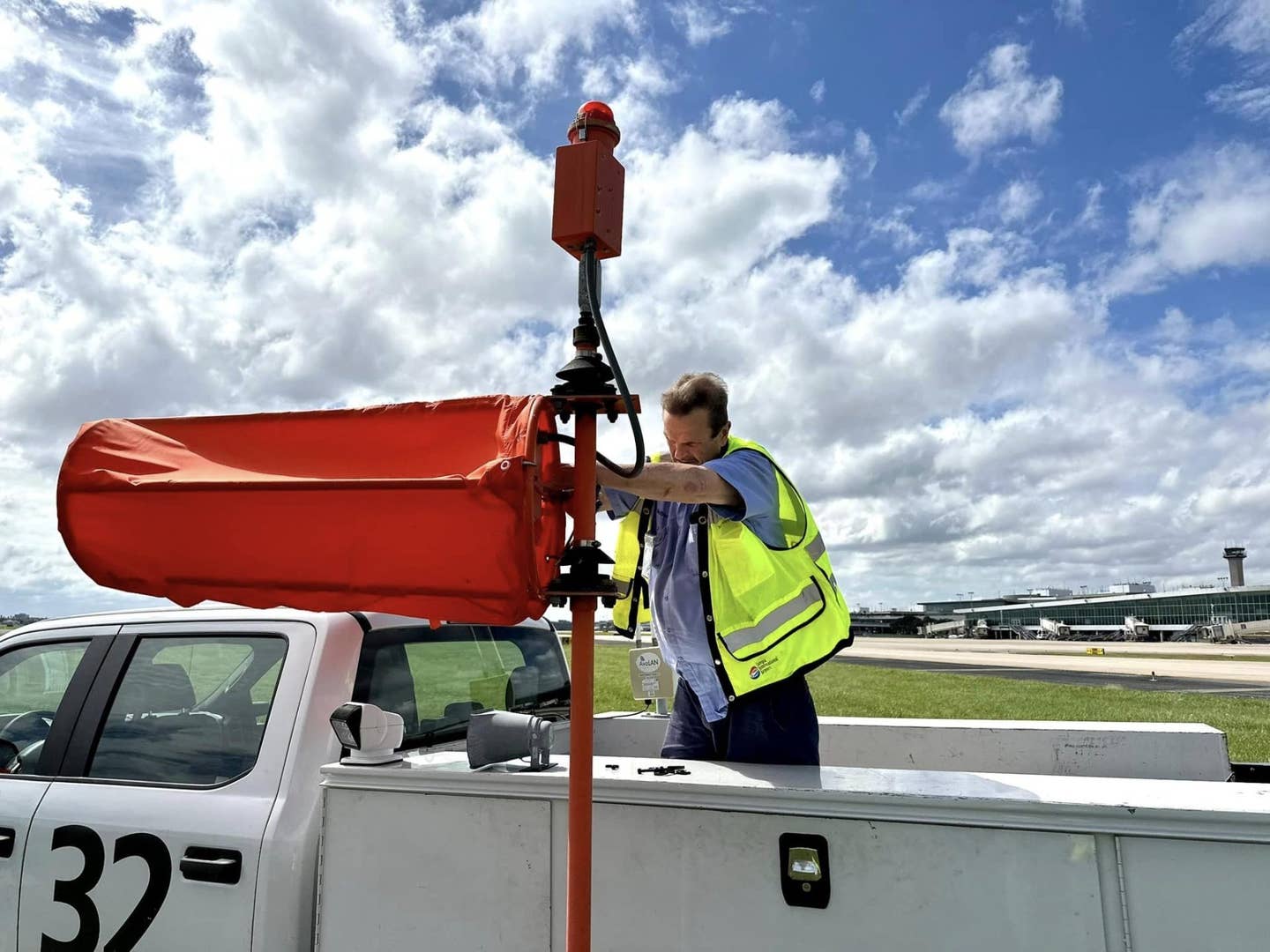
After almost 30 years with my airline, I made a small career decision. Rather than fly a regular schedule, I elected to re-enter the world of a reserve pilot. It had been nearly 24 years since I held that status, the last time as a brand-new 727 captain. Why did I do it?
As a result of our merger and a new management team, the strategy to confront our competitors in New York does not appear to include the 777. Certain routes have incurred a reduction in frequency or have disappeared altogether. As an example, we no longer fly to Tokyo from JFK. This reduction translates into fewer trip choices available on each monthly schedule. My senior colleagues are flying the more desirable schedules. That being said, the more desirable schedules actually work more days.
A reserve pilot is a form of insurance policy for the airline, covering sick calls and schedule interruptions. A reserve pilot is credited with a guaranteed amount of hours flown each month and thus guaranteed minimum pay. If the actual time flown exceeds the guarantee, pay is adjusted accordingly. The end result is that I work fewer days than when flying a regular schedule — a quality of life that has become more attractive.
The drawback is I know only the days I'm available to the airline and my days off. Although my seniority is an advantage, it doesn't always help with the trips that become available. We have a tedious system that attempts to spread out the monthly flight time among reserve pilots such that those with the most seniority can't always decline trips and never fly, and vice versa for the junior pilots. In other words, I don't necessarily have a choice on if I'm going or where I'm going.
The new FAR Part 117 regulations that became effective Jan. 4 have added a degree of angst to both the airline and its pilots. The regulations are a major renovation to former Part 121 flight-duty time and rest requirements, incorporating many new factors, one of them being circadian rhythm. To say the least, the growing pains have become contentious at times.
Interpreting Part 117 as it applies to each circumstance has been a difficult task. Unfortunately, our rank-and-file crew schedulers have confronted the brunt of a steep learning curve. Reserve pilots are at the core of the new regulations, and they are facing unchartered territory.
On this particular occasion, I was assigned a São Paulo trip. South America trips are my least favorite. The trips fly all night in both directions. Although I am afforded a break because the trip has an augmented crew of one relief pilot, my body does not particularly enjoy the experience; nor does my wife upon my return. Something to do with the crankiness factor. Go figure.
In airline crew parlance, this particular trip is named "the rocket." Scheduled departure time from JFK is 19:40, with an arrival in São Paulo at 06:15 — approximately a 10-hour flight. Standard itinerary includes breakfast at the hotel, sleep, and then departure that night at 22:20 back to New York. Quick and dirty. Barely away from home more than 36 hours.
On this day, our departure from the Guarulhos International Airport was via a remote hardstand away from the terminal. Despite the late hour, the airport buzzed with activity more reflective of the daytime. Passengers crowded the confined gate area with not an empty space to be found. A sea of faces scanned my crew as we marched past onto the waiting bus that drove us out to the hardstand.
We arrived at the airplane with over an hour to spare. Prior to climbing the mobile stairs, I had inquired as to the specific designation of our parking spot, knowing one's taxi location saves embarrassment with ground control. Language barrier notwithstanding, I received a shoulder shrug from the young lady whose sole responsibility was to draw a line through each crew member's name on the list attached to her clipboard.
No matter. My undaunted copilot would later discover the position by noticing a faded marking on the tarmac while completing his walk-around inspection. Unfortunately, this began a series of annoying events that culminated in a rather difficult pushback process.
Earlier I had been told that São Paulo had instituted a new policy precluding the crew from visiting Operations in order to obtain flight plan and weather information. Pilots were allowed access on the ramp within the footprint of the airplane and no farther. Flight plan data would be delivered directly to the cockpit — a simple task that became problematic.
Despite numerous requests via the radio and directly to agents, the flight plan arrived eight minutes prior to departure time. As predicted, the priority was to close the entry door. I indicated to the apologetic but naive agent that the door wouldn't close until I had more than a millisecond for a review, perplexing as that may have appeared.
Fortunately, the copilot and I had already uploaded the route into the flight management computer. It was a matter of verifying the correct information with the paperwork, a standard preflight procedure. In addition, I had taken the initiative to view the weather via the WSI iPad app in my hotel room. This is not a mandatory process prior to reporting for duty because it is possible to interfere with legal rest requirements performing this volunteer effort, nothwithstanding that Internet service can be unreliable at some locations.
In that regard, it was vexing to me that our Operations personnel hadn't established a procedure for pilots to review the weather and other data.
Having completed as much of the before-takeoff checklist that was possible without paperwork, departure was delayed only 10 minutes. We began our pushback. Not so much.
When our motion stopped at a strange angle, it was apparent that something wasn't quite right. Via the intercom from below, the crew chief attempted to convey the problem. His valiant try at broken English required all three of us to raise our eyebrows, endeavoring to comprehend.
The gist of the conversation? The tug was old. The situation would require us to be towed back to the gate in order to retrieve another tug.
Really? Why would someone have made the command decision to use a piece of equipment that was incapable of moving a 777 in the first place?
As we rolled sluggishly back to the gate, my copilot informed ground control of the situation. I made a PA announcement, explaining our plight to the passengers. Almost as quickly as I parked the brakes, I was asked to release them. To our surprise, the crew chief indicated that another attempt would be made with the ailing tug. Perhaps momentum would assist? Well, once again, not so much.
This time we pushed back a good 2 feet past the original attempt. The crew chief requested that I park the brakes. I scanned the ramp area and the taxiway. Although it was a tight maneuver, it wouldn't have been a problem to taxi away under our own power. If executed properly, the maneuver could be completed without risk to ground equipment. Nope. It wasn't going to happen. The "rules" forbid it.
With the limited communication skills occurring, it was pointless to argue. But the next plan was brilliant. Rather than replace the tug, the crew chief would replace the driver. Why didn't I think of that? I reluctantly released the brakes for another round. The strain of the tug's diesel engine complaining in protest could be heard in the cockpit. Predictably, round two ended as quickly as it began. I reparked the brakes.
The crew chief now resigned himself to the need for a replacement tug. He wanted to tow the airplane back to the gate. My trepidation gave way to paranoia. I refused to move the airplane, fearing that the tug would lapse into a coma. I envisioned a snapped tow bar and damage to the nose gear.
My decision was met with a fair amount of resistance. The crew chief was concerned that we were blocking an A330 tow in progress. After numerous attempts at conveying my message, I was finally understood.
The arrival of a tug the size of 10 armored personnel carriers signaled the end of the battle. We completed the pushback without further issues and departed into the star-speckled night sky. Aside from the typical earwax-removing squeal and poor fidelity of VHF radio transmissions, our flight over Brazil was routine.
In any case, I've recovered for the next reserve assignment. But honestly, I'm kind of hoping for London. Just saying.
Get online content like this delivered straight to your inbox by signing up for our free enewsletter.
We welcome your comments on flyingmag.com. In order to maintain a respectful environment, we ask that all comments be on-topic, respectful and spam-free. All comments made here are public and may be republished by Flying.

Sign-up for newsletters & special offers!
Get the latest FLYING stories & special offers delivered directly to your inbox


